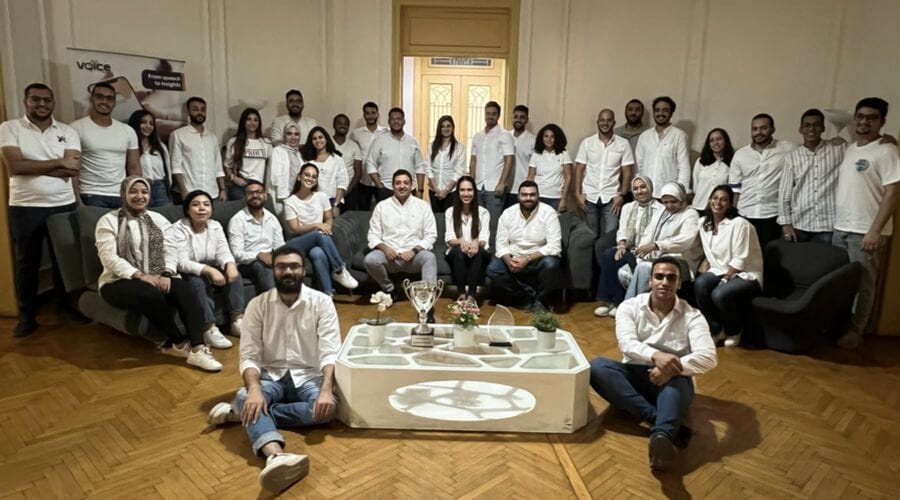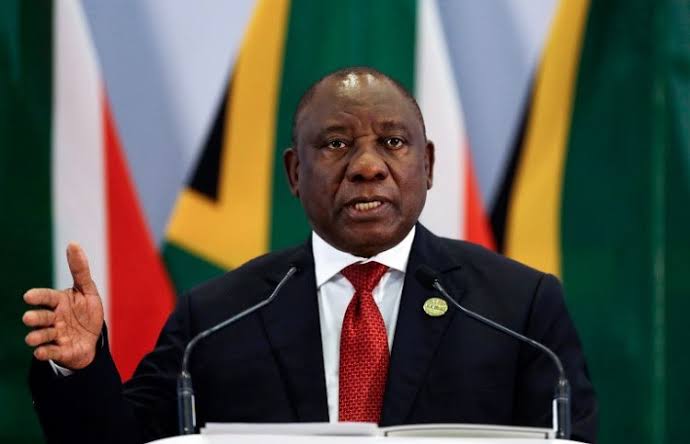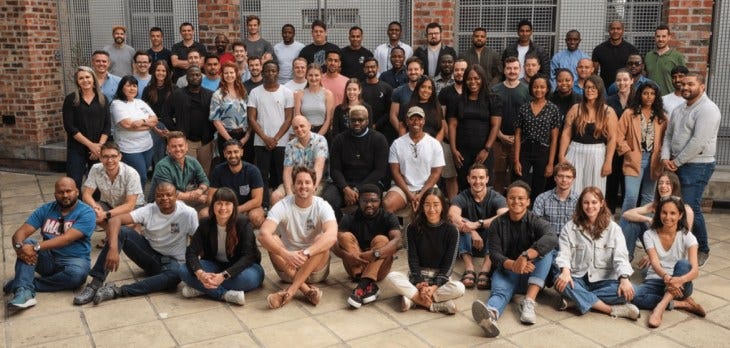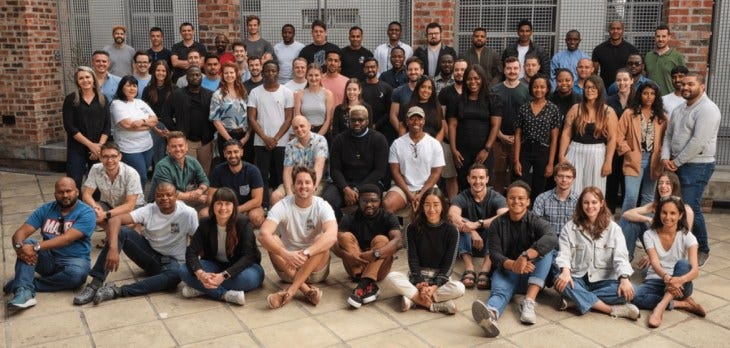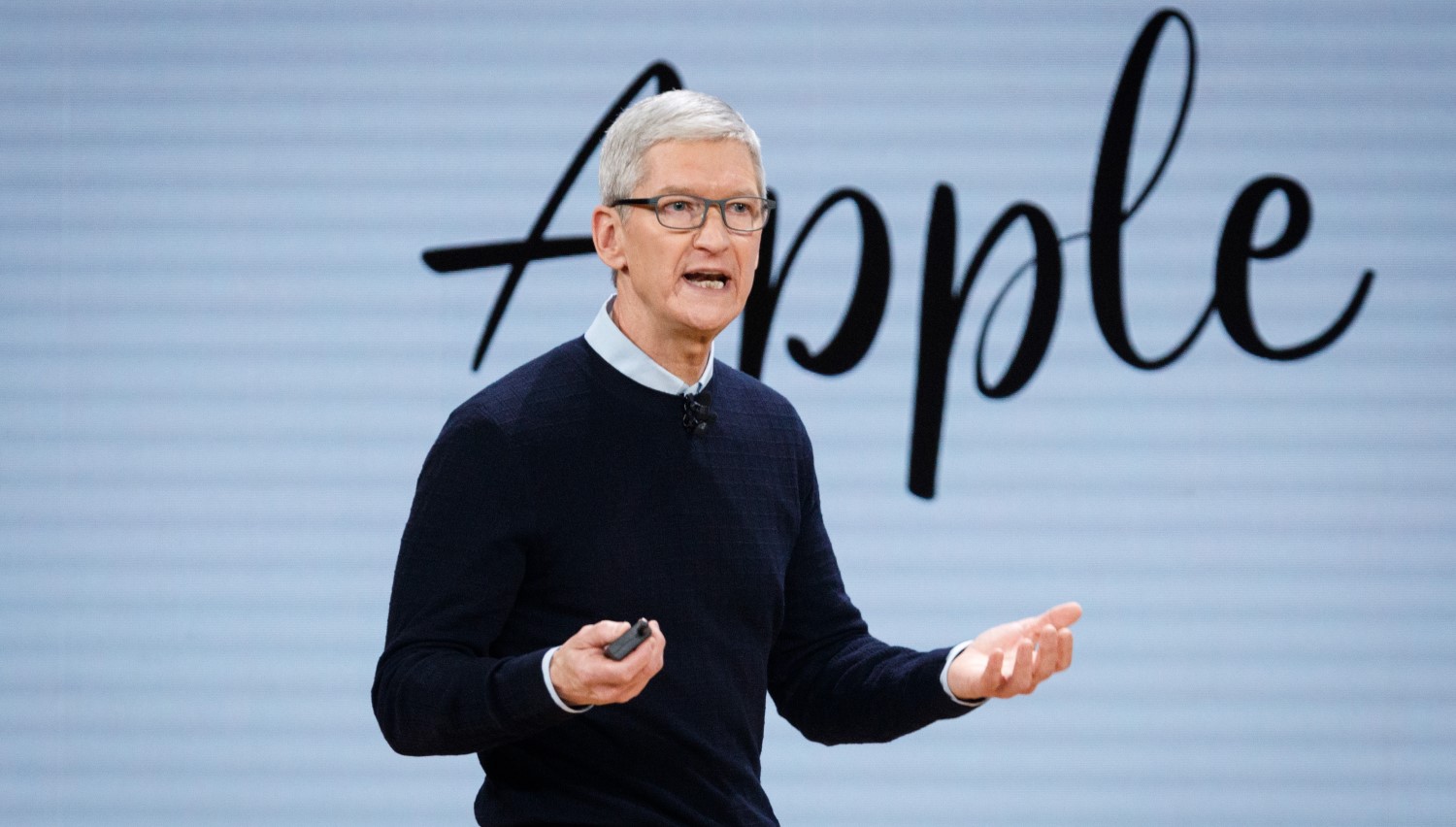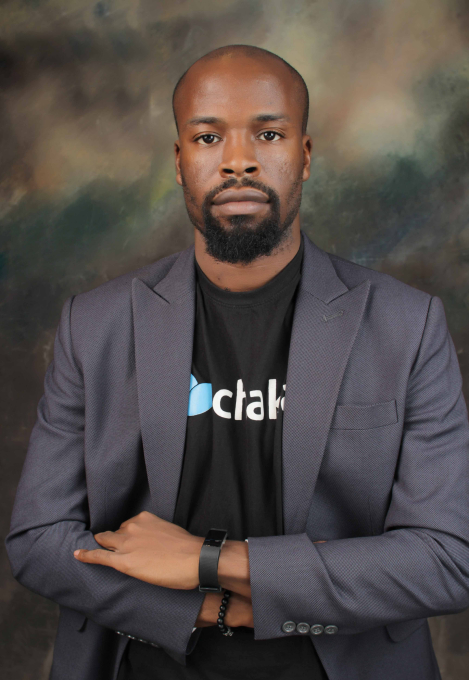Egypt’s MoneyHash Secures New Financial Backing for Its Payment Solutions Expansion
Egyptian fintech firm MoneyHash has successfully secured additional funding from Tom Preston-Werner, co-founder of GitHub and former CEO, as part of an undisclosed seed funding round. This investment signifies Preston-Werner’s inaugural foray into the Middle East market and his second venture into the African market. The seed financing round is anticipated to conclude in the forthcoming weeks.
MoneyHash, established in late 2020 by Nader Abdelrazik, Mustafa Eid, and Anisha Sekar, offers companies the opportunity to tailor a payment infrastructure that precisely aligns with their unique requirements. Tom Preston-Werner, renowned for his significant contributions to the technology landscape, particularly as the founder of GitHub, a leading software platform that transformed developers’ collaborative capabilities in application development, has turned his attention toward early-stage startups. His objective is to assist them in devising solutions that address tangible real-world challenges.

Having previously invested in Stripe, Preston-Werner possesses a keen interest in technology infrastructure products, with a specific focus on tools and development environments. His investment in MoneyHash underscores his unwavering belief in the importance of product quality and its capacity to tackle a pivotal issue for customers across emerging markets.
read also Mali Fintech SAMA Money Acquires Bank After Securing Operational License
“I was profoundly impressed by the technical excellence and product vision exhibited by MoneyHash, as well as the founders’ profound comprehension of the payment landscape in Africa and the Middle East,” he stated. “This region is experiencing rapid growth, and it is only natural to invest in infrastructure products crafted by exceptional teams. Nader and his team have attracted a remarkable pool of tech talent, and I am thrilled to embark on this journey with them.”
Tom Preston-Werner, now an investor in MoneyHash, brings his technical prowess and innovative mindset to drive the company’s product development forward. Co-founder Mustafa Eid expressed enthusiasm regarding Preston-Werner’s involvement, citing his interest in both investing and actively participating in their journey as a testament to the team’s dedication and product-oriented approach over the past few years.
MoneyHash has taken on the substantial challenge of addressing a prevalent issue in the region — over 30% of digital payments experience failure due to the fragmented and intricate payment ecosystem prevalent in the Middle East and Africa. This complexity incurs significant costs for merchants throughout the region. With the digital payments market projected to exceed $150 billion by year-end, MoneyHash’s fully integrated suite of products offers businesses the means to incorporate multiple payment processors and methods, optimize payment workflows and recurring revenue, mitigate fraud and payment failures, streamline reconciliation procedures, and efficiently manage diverse payment requirements.
read also Scan to Pay App by Ukheshe Now Offers Cryptocurrency Payments for South African Users
Their overarching mission revolves around empowering medium to large enterprises in emerging markets. MoneyHash simplifies the complexities associated with payment infrastructure, workflows, and operations, equipping these businesses with a competitive edge to foster growth and expand their customer bases.
Charles Rapulu Udoh

Charles Rapulu Udoh is a Lagos-based lawyer, who has several years of experience working in Africa’s burgeoning tech startup industry. He has closed multi-million dollar deals bordering on venture capital, private equity, intellectual property (trademark, patent or design, etc.), mergers and acquisitions, in countries such as in the Delaware, New York, UK, Singapore, British Virgin Islands, South Africa, Nigeria etc. He’s also a corporate governance and cross-border data privacy and tax expert.
As an award-winning writer and researcher, he is passionate about telling the African startup story, and is one of the continent’s pioneers in this regard


